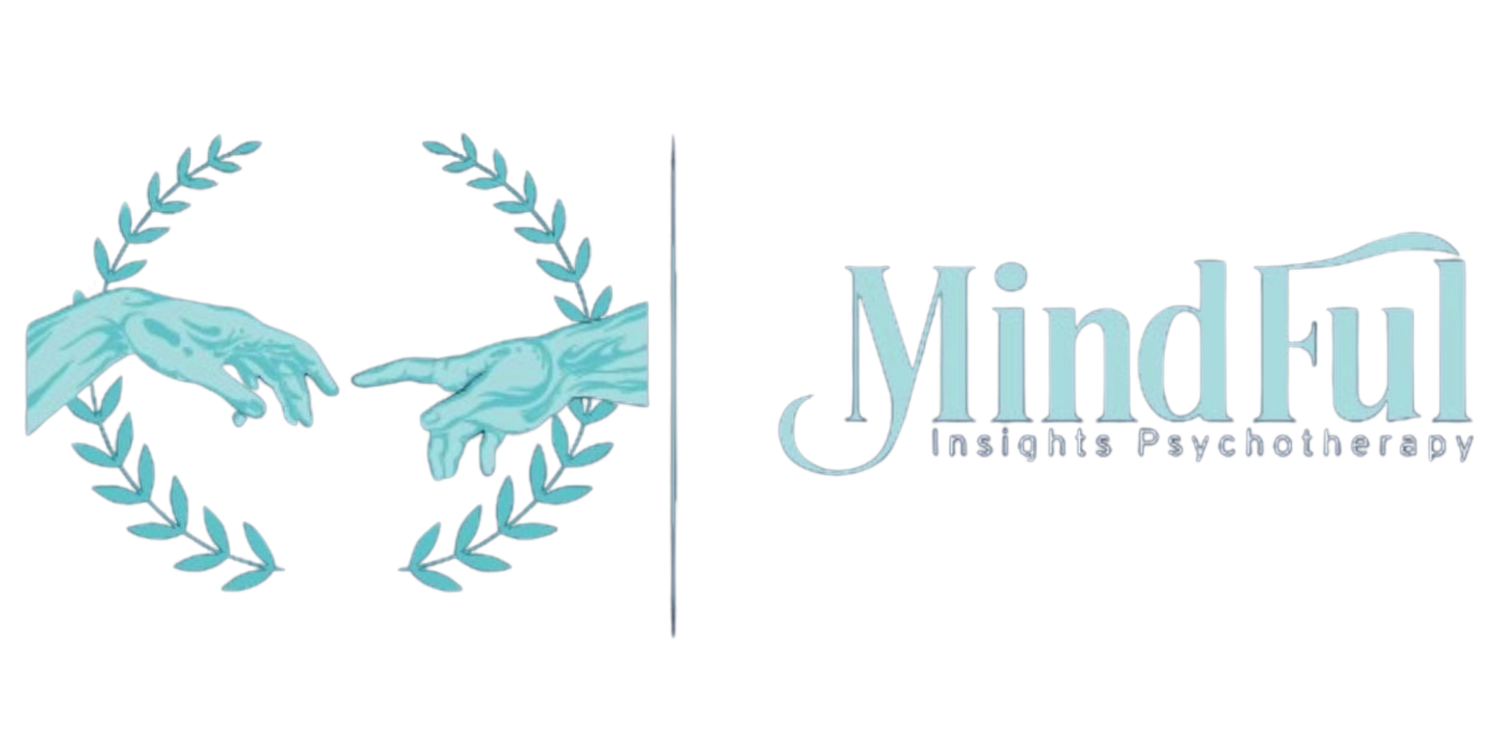Unlocking the Link: How Creativity Nurtures Mental Health
At Mindful Insights Psychotherapy, we deeply understand that mental well-being isn’t one-size-fits-all. While traditional approaches like talk therapy and mindfulness practices are invaluable, creativity offers a unique way to support mental health. From reducing stress to fostering emotional growth, tapping into your creative side can be a transformative tool for self-care and healing. Let’s explore the profound connection between creativity and mental health.
Creativity: More Than Artistic Expression
When we think of creativity, activities like painting, writing, or playing music often come to mind. However, creativity goes beyond traditional art forms. It’s about innovative problem-solving, exploring new perspectives, and finding unique ways to express yourself. Whether it’s journaling, cooking, gardening, or brainstorming, creativity is deeply personal—and it’s available to everyone.
Explore more tools for emotional growth on our individual therapy page.
How Creativity Benefits Mental Health
Engaging in creative activities has been shown to promote emotional and psychological well-being. Here’s how:
1. Stress Reduction
Creativity provides an outlet for releasing built-up tension. Activities like drawing or knitting can induce a “flow state,” where you’re fully immersed in the task, allowing worries to fade into the background.
2. Emotional Processing
Creative expression can be a safe and effective way to process complex emotions. Writing in a journal or painting abstractly can help externalize feelings, offering clarity and relief.
3. Boosting Self-Esteem
Creating something—whether it’s a poem, a meal, or a new solution at work—provides a sense of accomplishment. This boosts confidence and fosters a positive sense of self-worth.
4. Improved Focus and Mindfulness
Creative tasks encourage mindfulness, helping you stay present in the moment. This focus can reduce anxiety and improve mental clarity.
The Science Behind Creativity and Mental Health
Research shows that creative activities engage the brain’s reward system, releasing dopamine—a neurotransmitter associated with pleasure and motivation. Additionally, creativity activates neural pathways that promote problem-solving, emotional regulation, and resilience.
Studies have also found that expressive writing reduces symptoms of depression, while creative art therapies have been effective in managing anxiety and PTSD.
Using Creativity as a Therapeutic Tool
At Mindful Insights Psychotherapy, we integrate creative strategies into therapy to complement traditional approaches. Here’s how you can incorporate creativity into your life:
1. Start Small
You don’t need to be an artist to benefit from creativity. Begin with simple activities like doodling, baking, or jotting down your thoughts without judgment.
2. Experiment Freely
Explore different creative outlets to find what resonates with you. Photography, collaging, or even redecorating a space can be therapeutic.
3. Make It a Routine
Set aside time regularly to engage in a creative activity. Even a few minutes a day can shift your mood and perspective.
4. Use Creativity for Reflection
After completing a creative task, reflect on how it made you feel. Did it provide relief, clarity, or joy? Understanding its impact can deepen your connection to the practice.
For personalized guidance, check out our therapy services.
When Creativity Meets Therapy
Incorporating creativity into therapy can deepen the healing process. Art therapy, music therapy, and journaling allow clients to explore emotions in a nonverbal and transformative manner. At Mindful Insights Psychotherapy, we encourage clients to embrace creative tools to unlock insights and promote emotional growth.
Final Thoughts: Creativity as Self-Care
Creativity isn’t about perfection—it’s about expression. By engaging in creative activities, you’re prioritizing your mental well-being in a meaningful way. Whether it’s picking up a paintbrush, brainstorming solutions, or trying a new recipe, each act of creation is a step toward self-discovery and resilience.
At Mindful Insights Psychotherapy, we’re here to help you explore creative ways to support your mental health.

